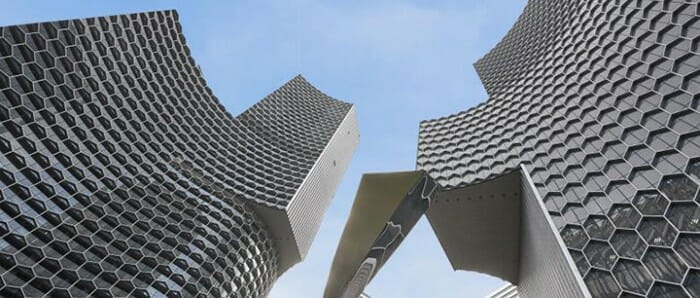
JLL advised on the S$1.6 bil sale of the Duo complex in Singapore
JLL topped the list of capital markets brokerages in Asia Pacific’s during 2019 as measured by transaction volumes, according to Real Capital Analytics, in a year that saw $169 billion in investment transactions across the region – a 6 percent increase from 2018.
The NYSE-listed property consultancy took the top spot in APAC top spot after closing on deals worth $27.6 billion, while CBRE took pole position globally with transactions across office, logistics, residential and retail sectors worldwide hitting just under $153 billion.
‘The uptick was driven by global institutional investors expanding their presence in the market, across a broad range of asset classes,” JLL’s CEO of capital markets in Asia Pacific, Stuart Crow, told Mingtiandi regarding the upswing in transaction volumes in the region.
Crow added that as global investors ramped up their portfolios in the region in 2019, average transaction sizes increased, deals became more complex, and there was more cross-border activity.
Scoring Big Wins in Singapore
“Commercial property investors employed capital more strategically, diversifying their portfolios into different sectors and geographies,” Crow said.
Despite this broadening scope, some of the largest deals of the year involved global players leaning into mainstream assets in core markets.
In one of the highest profile transactions of the year, JLL brokered the sale of the Duo Tower and Duo Galleria in Singapore’s Bugis area on behalf of a joint venture between Malaysia’s strategic investment fund, Khazanah Nasional Berhad, and state-owned investment company, Temasek Holdings. Allianz Real Estate and Gaw Capital, representing a sovereign wealth fund, agreed to acquire the office and retail complex for S$1.6 billion, paying the equivalent of S$2,590 per square foot.
Helping Investors Pile into Korea
The Duo deal was one of $13.1 billion in cross-border transactions that JLL advised on last year – the company’s highest ever volume of international deals – marking a trend that distinguished the year, according to Crow.

JLL’s Stuart Crow said transactions in Asia Pacific are getting bigger and more complex
With outbound capital on the upswing, global players waded further afield for assets, with JLL helping investors make big-ticket transactions in Korea and Japan.
At the close of 2019, JLL advised Hyatt on the sale of the Grand Hyatt in Seoul to PAG for KRW 500 billion ($420 million), while in April the firm brokered Keppel REIT’s acquisition of the 228,000 square foot (21,182 square metre) T Tower office building in the South Korean capital from PGIM Real Estate for KRW 252.6 billion.
Investors Crowd into Japanese Apartments
JLL said that one of 2019’s major trends involved global investors being drawn increasingly to the stable returns of the multifamily sector – predominantly in Japan.
A winning combination of high occupancy rates, solid rental growth, and a population that is becoming more urban-centric has made the asset class popular among institutional investors.
The sector tempted Allianz Real Estate last October into snapping up 82 rental properties located across major Japanese cities for €1.1 billion, with JLL representing the seller, a fund managed by US private equity giant Blackstone.
Advising on More Complex Deals as Competition Heats Up
As competition among investors for a slice of the Asia Pacific market heats up, Crow said that the company is already seeing more complex deals.
As investors seek to minimise risks, transactions such as secondaries, re-capitalisations and joint ventures are becoming more common, with Crow predicting that investors are going to become more creative about accessing the market.
“Public-to-private transactions or listed takeovers may become more common as investors seek alternative routes into the market,” Crow noted.
As for deal flow in 2020, Crow predicts that large institutional investors such as pension funds, global insurers and sovereign wealth funds will increasingly seek to invest directly at a platform level, with the structural growth of China and India remaining very attractive to the big players.
Leave a Reply